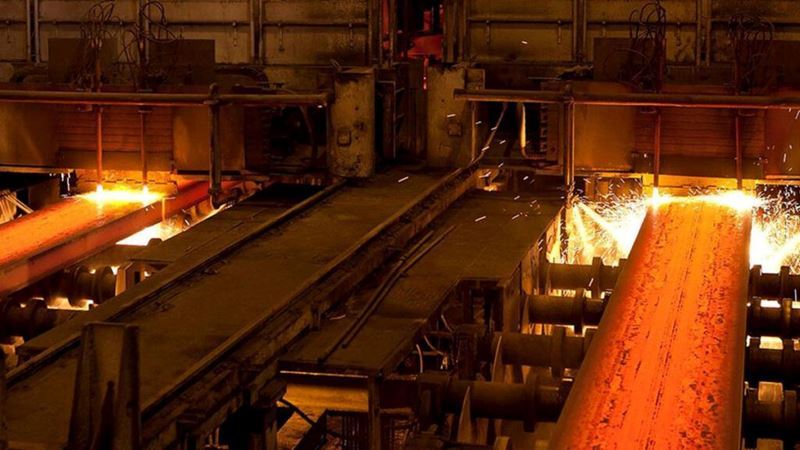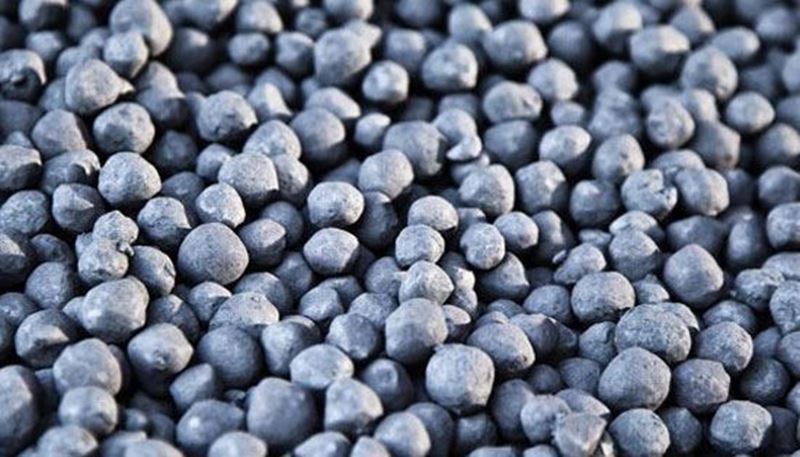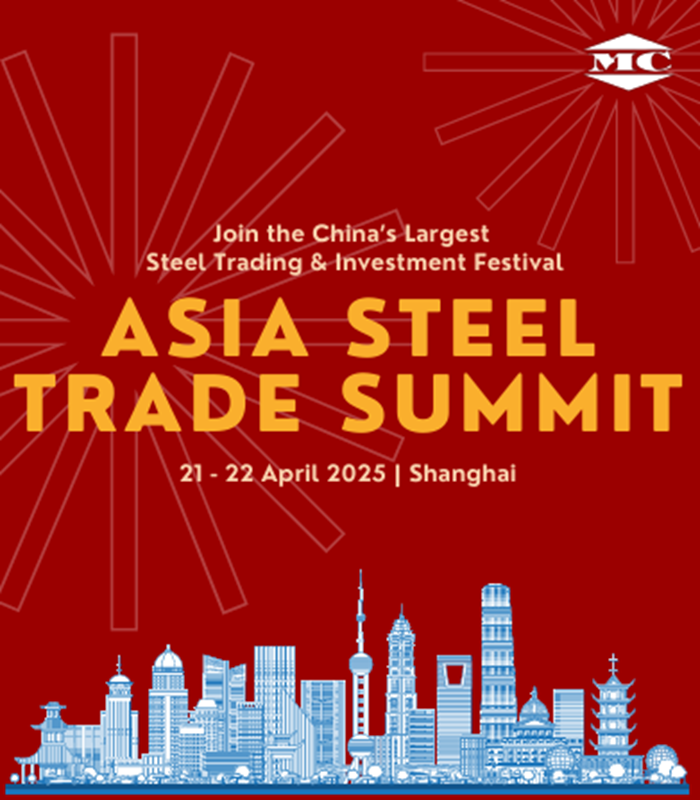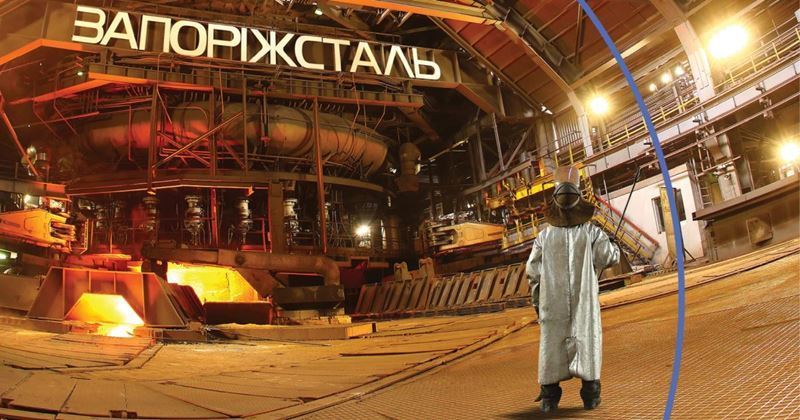In South Africa, which had a challenging start to 2025 in terms of steel production, crude steel production in January fell by 12.8% y-o-y to 356,600 tons. However, this figure showed an increase of 5.8% compared to the same period of 2023, signaling some recovery in the sector.
The South African Iron and Steel Institute, on the other hand, supports the government's carbon emission reduction targets, but emphasizes that the proposed carbon tax changes will place a heavy burden on the sector. It also recommends that carbon tax revenues be directed towards green transformation in the sector, that borderline carbon regulations be implemented and that trade threshold levels be maintained for fair competition. The carbon tax is scheduled to increase from ZAR 236 (approximately USD 12.5) per ton in 2025 to ZAR 308 (approximately USD 16.3) in 2026. This 63% tax increase is expected to put steel producers in a difficult situation.
Steel trade, on the contrary, saw a decline in exports while imports increased. In 2024, South Africa's steel imports increased by 2.5% to 1.355 million tons, while exports decreased by 0.6% to 1.352 million tons. Most of the imported steel came from the Far East (75.5%), Europe (21.8%) and Africa (2.2%), while Africa was again the largest export market (73.6%). Imports of steel products increased by a remarkable 25.5%, while exports increased by only 1.3%.
While industrial production decreased by 0.4%, demand was weak, especially in steel consuming sectors. However, the government's commitment to invest ZAR 1 trillion (approximately USD 53 billion) in infrastructure between 2025 and 2028 indicates that steel demand may increase in the coming years. These investments will be aimed at strengthening transportation, energy and water infrastructure. However, rising construction costs may limit the effectiveness of the investments.
South Africa's automotive sector performed strongly in January 2025, recording a 10.4% y-o-y increase in new vehicle sales. Passenger car sales in the domestic market increased by 18.3%, while vehicle exports increased by 29.7%. Experts expect the positive sentiment in the sector to continue if interest rates fall and economic stability continues.
Overall, South Africa's steel sector has had a challenging start to 2025 in terms of production, but major infrastructure investments and growth in the automotive sector are promising for steel demand. However, the impact of regulations such as the carbon tax on the sector is an issue that needs to be closely monitored.









Comments
No comment yet.